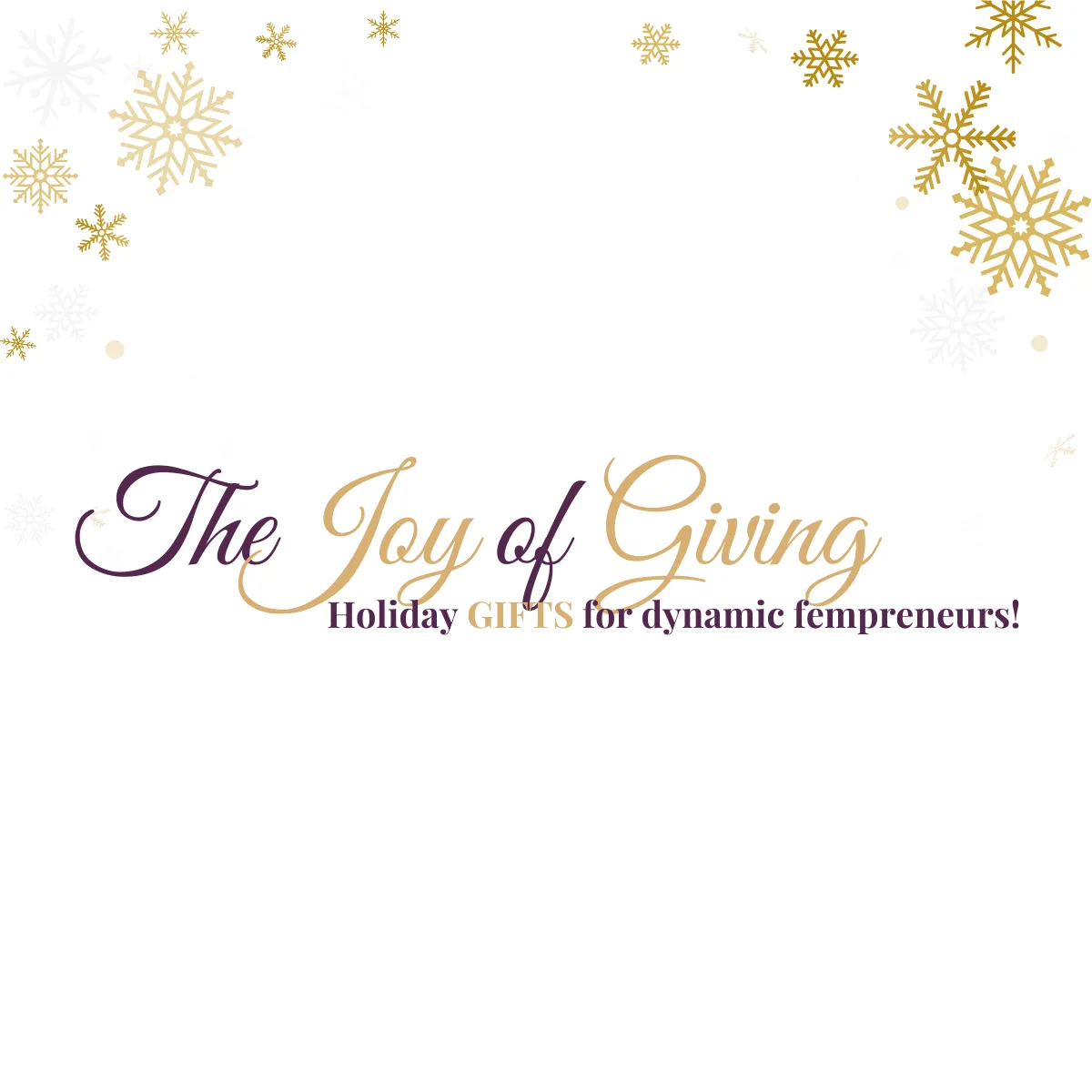
Embrace Your Worth: The Power of Choosing Yourself
Have you ever found yourself in a situation where you knew deep down that something wasn’t right for you, yet you stayed anyway? I’ve been there, and I know how tough it can be to choose yourself.
In fact, it took me years to muster the courage to prioritize my happiness. The first time I remember consciously choosing myself was at the end of a long-term relationship. We met in my mid-twenties and dated for ten years. Overall, it was a good ten years, except for one thing -- it was clear that I wanted to get married and have a family, and he did not want that. I kept hoping he would change, and he kept hoping I would change. As we know, “hope is not a good strategy.” We had countless discussions about it over the years, yet I stayed despite knowing how he felt. Why? Because it was easier, we had fun together; he was charismatic, everyone loved him, and I feared who I would be without him.
I remember looking at him one day and saying, "Every day, you look at me and decide not to choose me. One day I promise you I will choose me. When that happens, there will be no going back." A few months later, I did it. I found the courage to choose myself, and I never looked back. The moment I did, I was happier. Although sad and I lost some friends in the process, I knew it was the right choice.
Life after choosing myself was transformative. The company I worked for moved me across the country, I traveled the world, and I eventually met a fantastic man who married me within a year. We’ve now been happily married for over ten years.
The second time I chose myself was after working for the same company for over 30 years. The first 25 years were terrific; the last five were particularly grueling. As a VP, the demands were constant, and the expectations were unrealistic. I found myself in a toxic work environment with a passive-aggressive culture. Despite knowing I was being pushed to my limits, I kept giving more, convinced I needed to stay until I turned 55. The golden handcuffs kept me in place, but eventually, I realized I had to choose myself again.
The breaking point came when my boss screamed at me for having drinks with one of her peers she disliked. I sat there while she screamed and thought, “This is ridiculous. I can have drinks with whomever I want to discuss the work impacting us. Last I knew, this was called collaborating and networking.” It was at that moment I knew I was done. I left work that morning, knowing I wasn’t going back. I took some time off to cool down and then resigned. That was a year ago, and now I have two successful businesses: a coaching business helping leaders find their voice and a hotel sourcing business assisting individuals and companies in placing their events at hotels. I've never been happier.
Yet, in both cases, why did it take so long to choose myself? Why did I allow myself to stay in situations that weren’t right for me?
Choosing yourself is hard because it often means facing the unknown and letting go of what’s familiar, even if it’s not fulfilling. It requires courage to prioritize your needs and happiness over the comfort of routine and the fear of change. At the moment, it's hard to see that you aren't putting yourself first. We often justify it with thoughts like "relationships are about compromise" or "this is the price you pay for being an executive."
But once you choose yourself, the transformation is profound. Choosing yourself isn’t selfish; it’s necessary. It’s about recognizing your worth and refusing to settle for less than you deserve. It’s about understanding that your happiness and well-being are as important as anyone else’s. And most importantly, it’s about giving yourself permission to be the priority in your life.
If you’re struggling to choose yourself, know you’re not alone. It’s a journey, and it takes time. But I promise, when you finally do, there’s no going back. The freedom and happiness of choosing yourself are worth every moment of uncertainty and fear. So, take that step, choose yourself, and watch your life transform in ways you never imagined.
Practical Steps to Choosing Yourself
Set Boundaries: Clearly define what you are and aren’t willing to accept in both your personal and professional life. Communicate these boundaries to others.
Prioritize Self-Care: Make time for activities that rejuvenate you, whether it’s exercise, meditation, reading, or simply spending time with loved ones.
Seek Support: Surround yourself with a supportive network of friends, family, or mentors who encourage you to prioritize your happiness and well-being. Professional counseling or coaching can also be incredibly beneficial.
Reflect and Reassess: Regularly reflect on your life and reassess your goals and priorities. Journaling or mindfulness practices can help you stay in tune with your needs and desires.
Pursue Personal Growth: Engage in activities that promote personal and professional growth. This could include taking courses, attending workshops, or simply setting aside time for self-improvement.
Key Takeaways:
Choosing Yourself is Difficult but Necessary: Prioritizing your happiness often means facing the unknown and letting go of what's familiar, which can be challenging but essential for personal growth and fulfillment.
Recognize Your Worth: Understanding and valuing your own needs and desires is crucial. Don't settle for less than what you deserve in relationships or careers.
Courage to Make Tough Decisions: It takes immense courage to leave situations that are not right for you, whether it's a long-term relationship or a demanding job. We often justify staying with thoughts like "relationships are about compromise," "working so hard is what is leading to my promotions," or "this is the price you pay for being an executive." However, making those tough decisions is pivotal for personal happiness.
Transformation Through Self-Choice: Choosing yourself leads to profound transformations. After making these decisions, you are open to new opportunities and experiences that bring greater joy and satisfaction.
Empowerment and Happiness: By prioritizing yourself, you empower yourself to live a life that reflects your values and aspirations. This empowerment is critical to achieving long-term happiness and well-being.
Filter by Category
Filter by Date
© 2017-2024 ~ Sharon Ringier Consulting ~ All Rights Reserved.
Website Terms & Conditions | Online Privacy Policy




